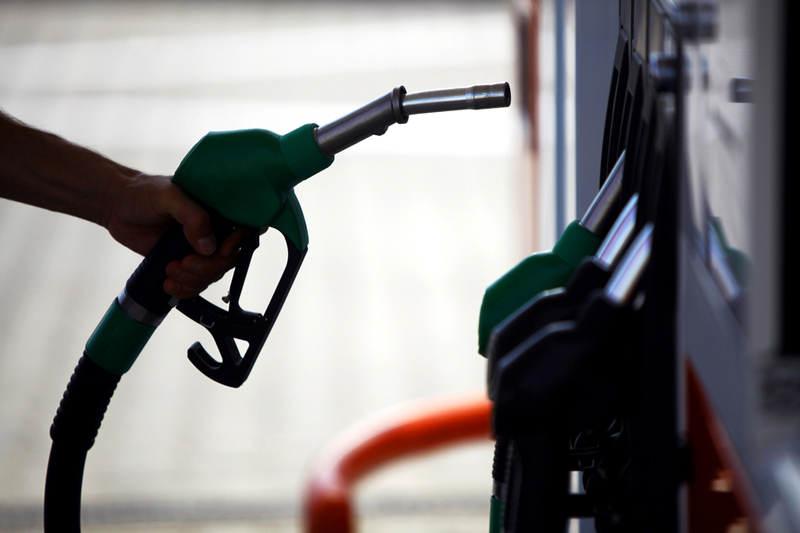(Corrects typo in headline)
By Henning Gloystein
SINGAPORE, May 30 (Reuters) - U.S. crude oil prices rose towards $50 per barrel on Tuesday as a strong start to the summer driving season in the United States suggested strong fuel demand in months ahead.
U.S. demand for transport fuels such as gasoline used in cars and diesel in buses tends to rise significantly as families visit friends and relatives or go on vacation during the summer months, with the so-called summer driving season officially kicking off on the Memorial Day holiday at the start of this week.
U.S. West Texas Intermediate (WTI) crude futures CLc1 climbed above $50 per barrel in early trading on Tuesday, and were at $494.97 per barrel at 0032 GMT, still up 17 cents from their last settlement.
"The start of the U.S. driving season ... boosted confidence in the market that stockpiles would start to fall in coming weeks," ANZ bank said on Tuesday.
The American Automobile Association (AAA) said ahead of Memorial Day that it expected 39.3 million Americans to travel 50 miles (80 km) or more away from home over the Memorial Day weekend.
"That is 1 million more travellers than last year taking to the roads, skies, rails and water, creating the highest Memorial Day travel volume since 2005," the AAA said.
With no such driving taking place in Asia or Europe at this stage, international benchmark Brent crude futures prices were not pushed up as strongly.
Brent crude futures LCOc1 were at $52.26 per barrel, up 3 cents from their last close.
The main price factor for Brent is whether a decision led by the Organization of the Petroleum Exporting Countries (OPEC) to extend a pledge to cut production by around 1.8 million barrels per day (bpd) until the end of the first quarter of 2018 will have the desired effect of significantly tightening the market to end years of oversupply.
An initial agreement, which has been in place since January, would have expired in June this year, and the production cutback has so far not had the desired effect of substantially drawing down excess inventories. Oversold: Oil traders punish OPEC for promising too much
ANALYSIS-OPEC ponders how to co-exist with U.S. shale oil
OPEC oil cut extension renews Asia's crude supply worries
